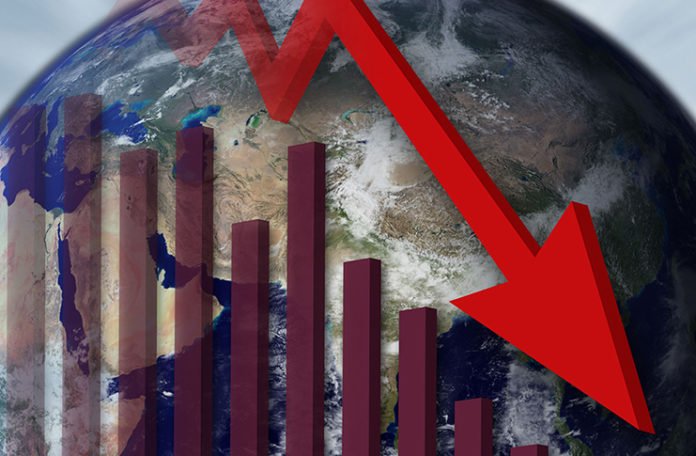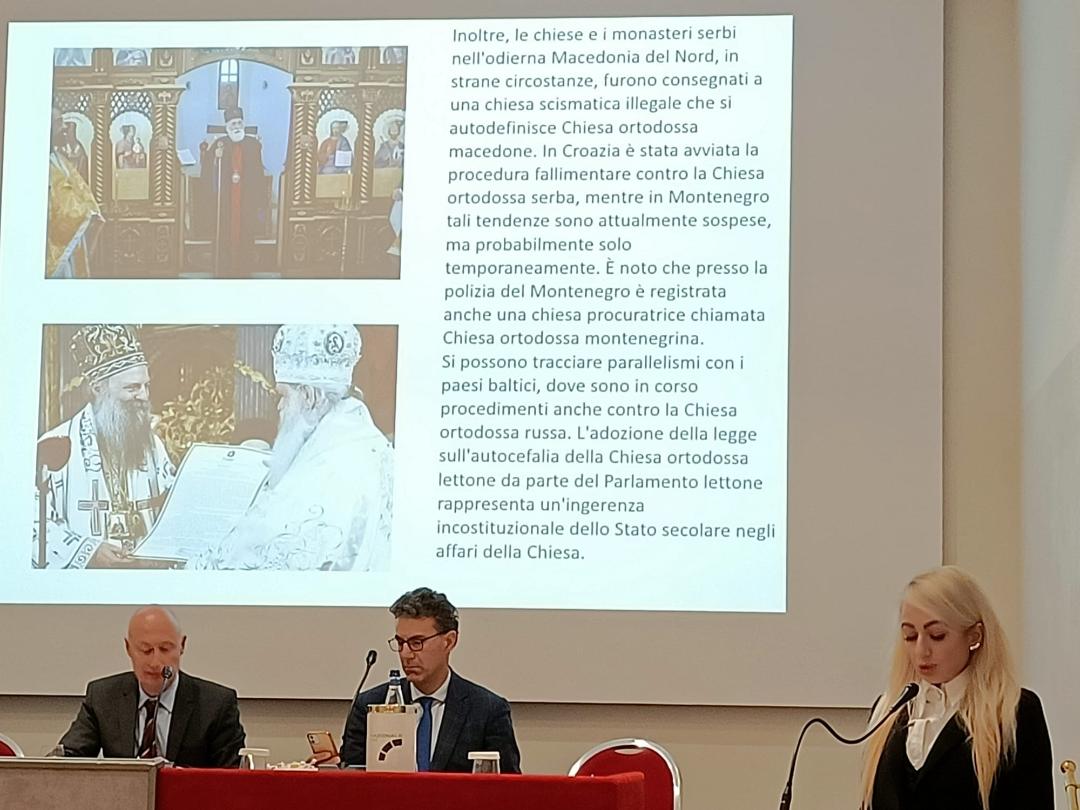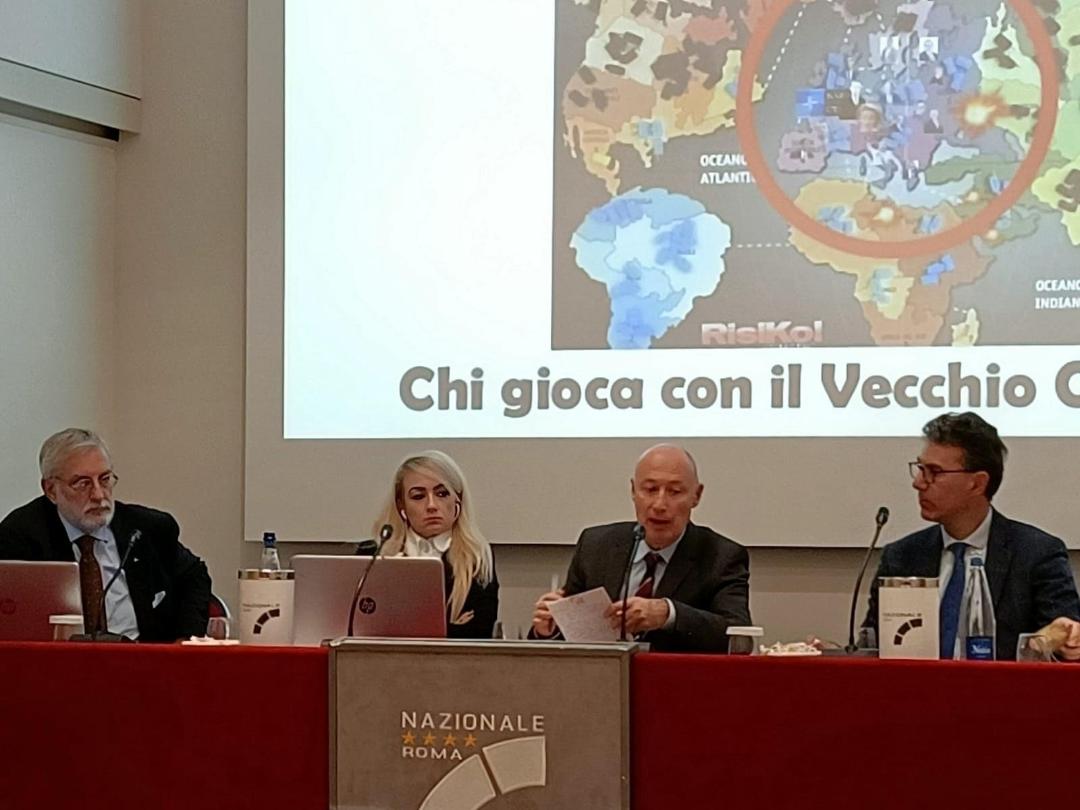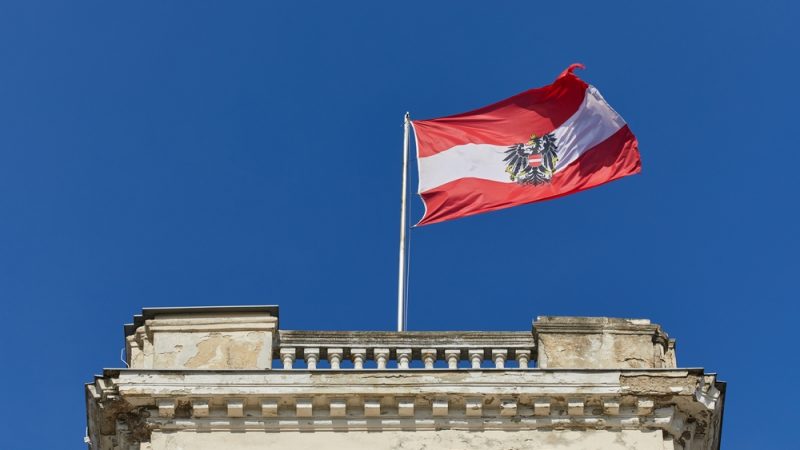The Middle East as a “Powder Keg”
By dr. Vladislav B. Sotirovic
The focal feature of both the history and the politics of the region of the Middle East in the Modern and Contemporary Age (during the last 250 years) is the constant conflicts between different internal and external conflicts. Therefore, probably, the term “powder keg” best describes this region (the Balkans as well) for the very reason that for a long period, the Middle East was and is involved in different larger or smaller forms of conflicts, struggles, and wars. However, as in many other global cases, the roots of modern and contemporary problems are largely sown in the past, and, consequently, current political events have to be taken within a larger historical background. The autochthonous people have been all the time on the crossroads of different civilizations and political-cultural influences from abroad and, therefore, their crossroad position was the battleground for foreign invaders even from West Europe in the Middle Ages (the Crusaders).








